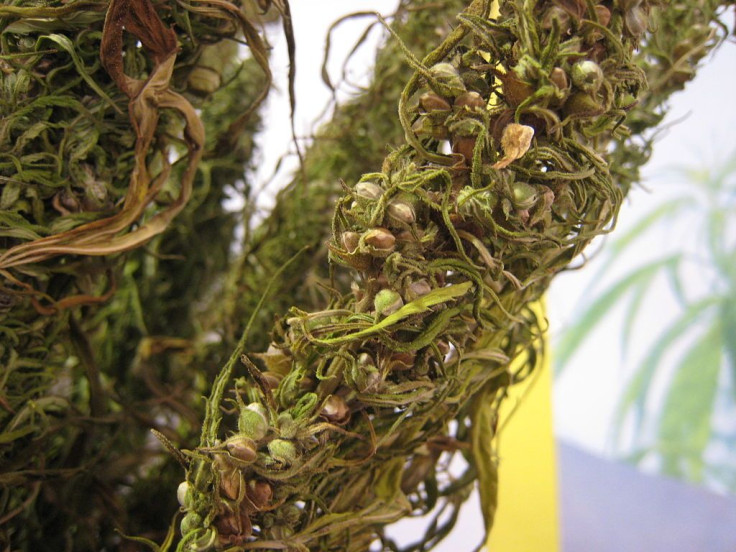Common Hemp Uses And Health Benefits

With hundreds of applications, the hemp plant is one of the most useful and versatile plants ever exploited by human beings throughout history.
Its fibers were being spun into thread to produce clothing as far back as 10,000 years ago. The first pair of jeans was made from hemp by Levi Strauss & Co in 1853.
Hemp seeds today remain a rich source of protein and fiber. It’s even used as a construction material and in car parts.
In the United States, imported hemp can be used legally in food products and is typically sold in health food stores or through mail order. In the European Union, 95 percent of hemp seed sold is used in animal and bird feed.
The long list of the many uses and health benefits of hemp goes on and on, but some of the most important ones are found below.
There’s hemp oil which is extracted from the seeds of the hemp plant. Hemp oil is often used in food and is added to smoothies, salads, dips and spreads. It’s used topically on human skin for its nutrient content and is popular as a moisturizer. Hemp oil is a natural source of important nutrients like polyunsaturated fatty acids, proteins and terpenes.
It’s available at local grocery stores. Hemp oil does not contain CBD or THC. It has lower concentrations of THC and higher concentrations of cannabidiol (CBD), which decreases or eliminates its psychoactive effects.
Hemp seeds are high in insoluble and soluble fiber. They’re also rich in GLA and offer a healthy balance of omega-3 and omega-6 fatty acids. Hemp seeds can be added to smoothies or added to yogurt or oatmeal in ground form.
Hemp seeds can be eaten raw, ground into hemp meal, sprouted or made into dried sprout powder. Hemp can also be made into a liquid and used for baking or for beverages such as hemp milk.
A 100 gram portion of hulled hemp seeds supplies 586 calories. It contains 5 percent water, 5 percent carbohydrates, 49 percent total fat and 31 percent protein. Hemp seeds provide 64 percent of the Daily Value (DV) of protein per 100 gram serving.
Hemp protein powder is made from hemp plant seeds. This popular type of protein powder contains at least 20 amino acids, including all nine essential amino acids. It provides a 3:1 ratio of omega-3 and omega-6 fatty acids.



























